We examine whether meteor showers made from dust left by comets pose a hazard to satellites and the International Space Station.
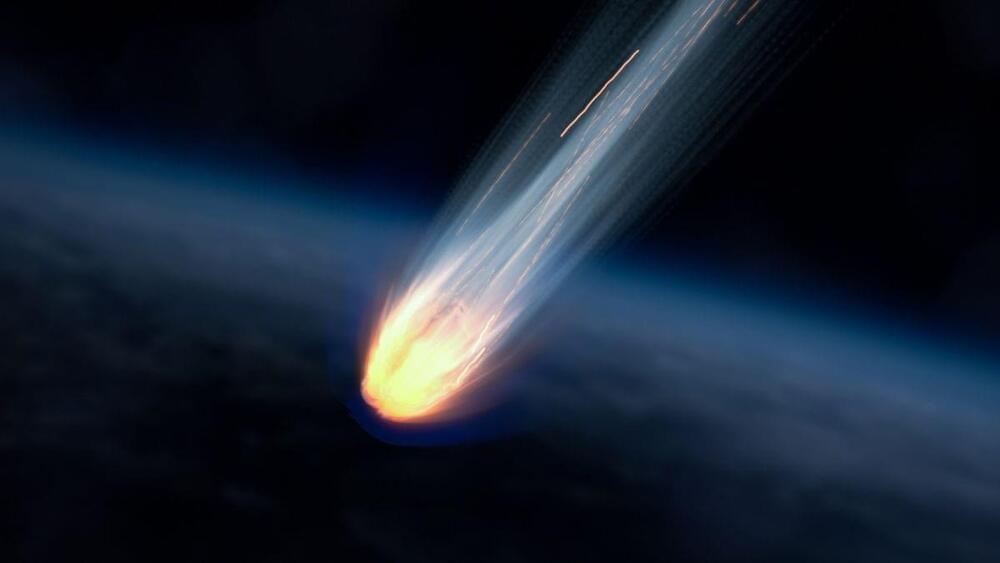


SpaceX is targeting Sunday, August 4 for a Falcon 9 launch of 23 Starlink satellites to low-Earth orbit from Space Launch Complex 4 East (SLC-4E) at Vandenberg Space Force Base in California. Liftoff is targeted for 12:24 a.m. PT, with backup opportunities available until 3:52 a.m. PT. If needed, additional opportunities are also available on Monday, August 5 starting at 12:24 a.m. ET.


BREVARD COUNTY, FLORIDA – SpaceX is targeting Wednesday, July 24 for a Falcon 9 launch of 23 Starlink satellites to low-Earth orbit from Space Launch Complex 40 at Cape Canaveral Space Force Station in Florida.
The launch window opens at 12:14 a.m. ET.
A SpaceX Falcon 9 rocket will launch another batch of second-generation Starlink satellites.
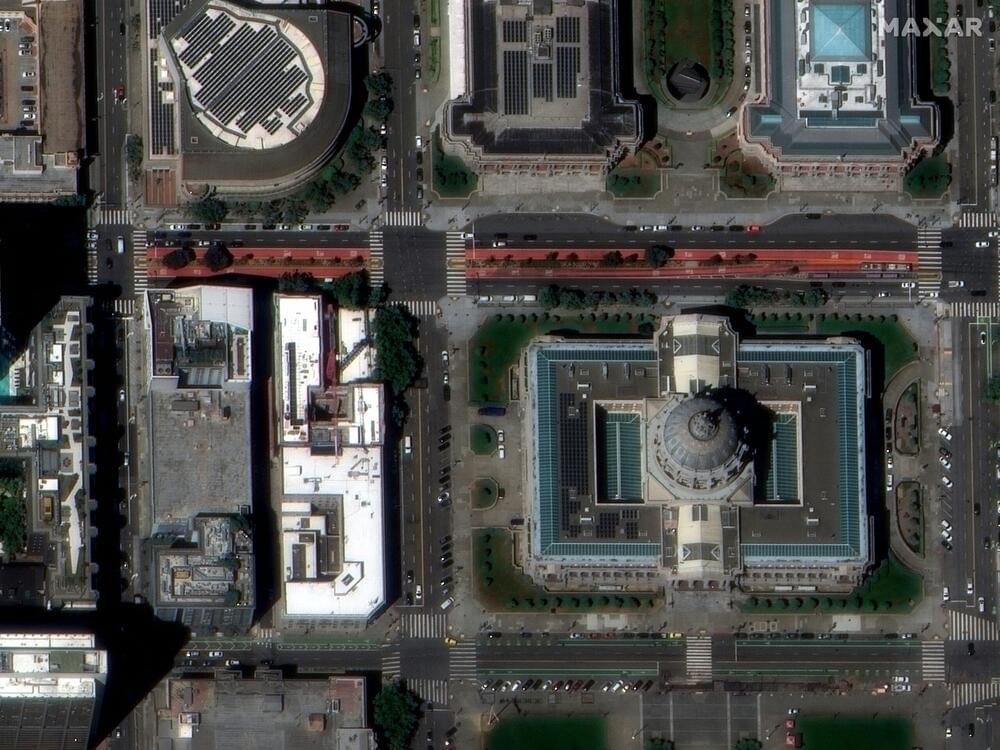
WASHINGTON — Maxar Intelligence, a provider of geospatial intelligence and Earth observation services, on July 18 released the first images from its WorldView Legion satellites. The inaugural pair of these advanced Earth observation satellites were launched on May 2 from Vandenberg Space Force Base in California.
WorldView Legion is Maxar’s latest constellation of high-resolution Earth imaging satellites, designed to increase the company’s imaging capacity and revisit rates. These satellites are capable of collecting 30 cm-class imagery, providing detailed views of the Earth’s surface for a wide range of applications, from defense and intelligence to urban planning and disaster response.
Maxar said the commissioning and calibration process for the first two WorldView Legion satellites is still under way.
The space environment is harsh and full of extreme radiation. Scientists designing spacecraft and satellites need materials that can withstand these conditions.
In a paper published in January 2024, my team of materials researchers demonstrated that a next-generation semiconductor material called metal-halide perovskite can actually recover and heal itself from radiation damage.
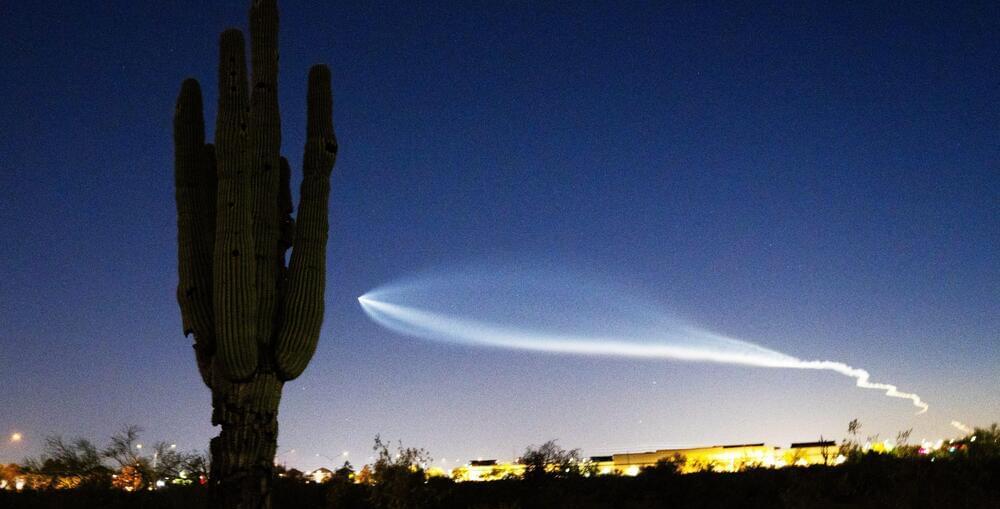

Fundamental physics—let alone quantum physics—might sound complicated to many, but it can actually be applied to solve everyday problems.
Imagine navigating to an unfamiliar place. Most people would suggest using GPS, but what if you were stuck in an underground tunnel where radio signals from satellites were not able to penetrate? That’s where quantum sensing tools come in.
USC Viterbi Information Sciences Institute researchers Jonathan Habif and Justin Brown, both from ISI’s new Laboratory for Quantum-Limited Information, are working at making sensing instruments like atomic accelerometers smaller and more accurate so they can be used to navigate when GPS is down.
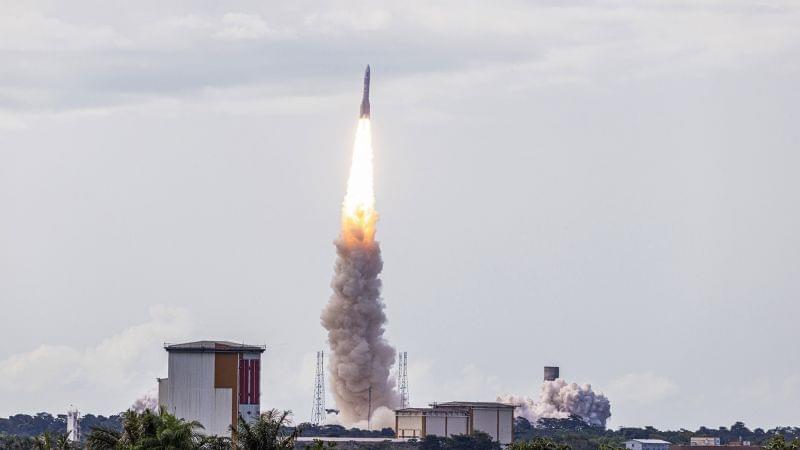
The European Space Agency’s member countries have endured a space access predicament as they have waited to have a functioning rocket in their toolbox.
But a new rocket, dubbed Ariane 6, just launched on its maiden mission after years of delays and hang-ups in the development process.
If successful, the space agency hopes that the Ariane 6 rocket system may go on to make the space agency more self-reliant and perhaps challenge SpaceX’s dominance in the global market for launching satellites.
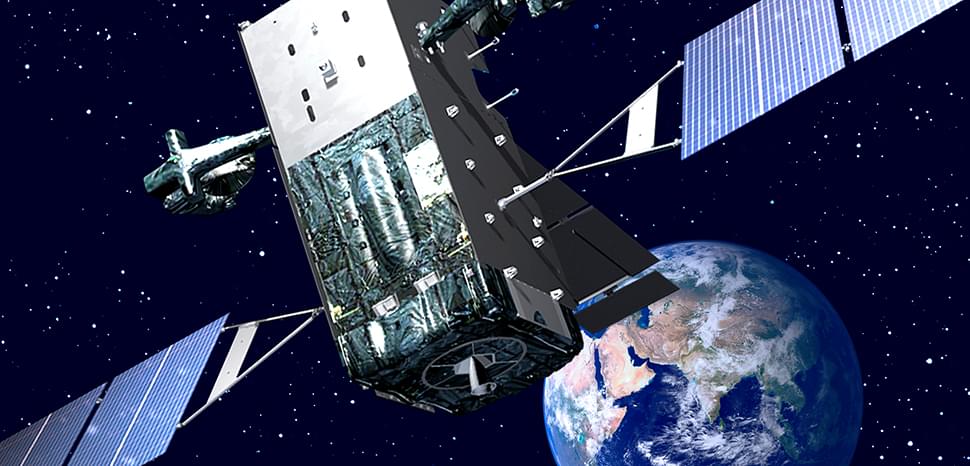
Moreover, the concept of limitation, which dictates that the means and methods of warfare are not unlimited, can help prevent the escalation of conflicts in space by imposing restrictions on the use of certain weapons or tactics that could cause indiscriminate harm or result in long-term consequences for space exploration and utilization. Given a growing number of distinct weapons systems in orbit – from missile defense systems with kinetic anti-satellite capabilities, electronic warfare counter-space capabilities, and directed energy weapons to GPS jammers, space situational awareness, surveillance, and intelligence gathering capabilities – legal clarity rather than strategic ambiguity are crucial for ensuring the responsible and peaceful use of outer space.
Additionally, the principle of humanity underscores the importance of treating all individuals with dignity and respect, including astronauts, cosmonauts, and civilians who may be affected by conflicts in space. By upholding this principle, outer space law can ensure that human rights are protected and preserved, particularly in the profoundly challenging environment of outer space. Moreover, with civilians on the ground increasingly tethered to space technologies for communication, navigation, banking, leisure, and other essential services, the protection of their rights becomes a fundamental imperative.
The modern laws of armed conflict (LOAC) offer a valuable blueprint for developing a robust legal framework for governing activities in outer space. By integrating complementary principles of LOAC or international humanitarian law with the UN Charter into outer space law, policymakers can promote the peaceful and responsible use of outer space while mitigating the risks associated with potential conflicts in this increasingly contested domain.